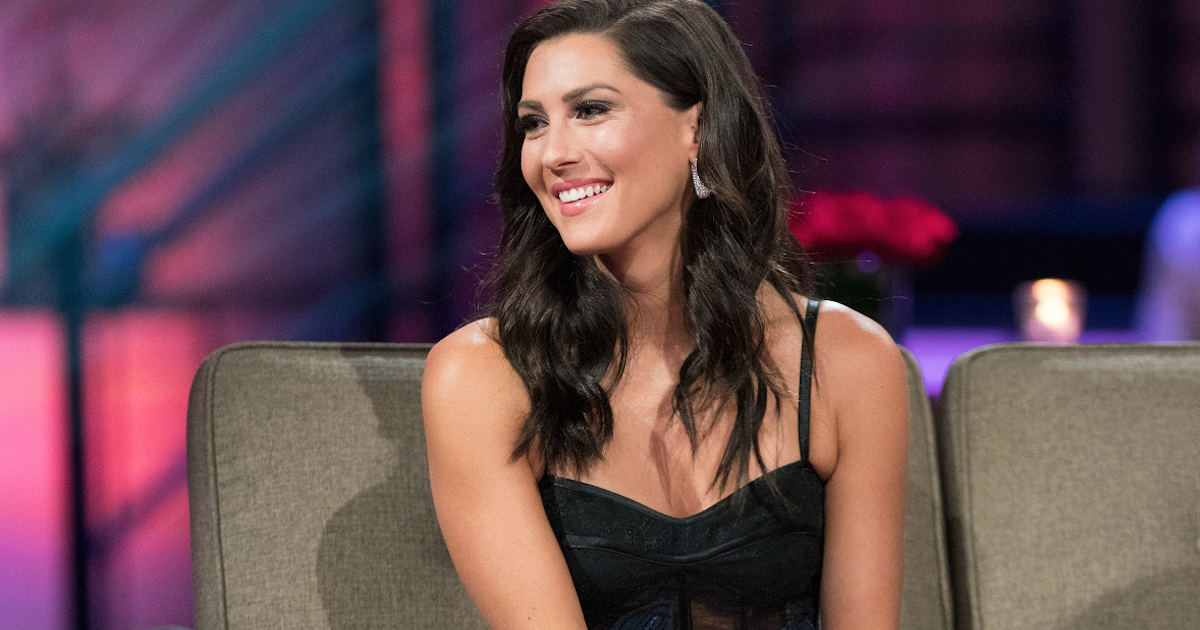Know Your Risk
- Bachelorette’s Becca Kufrin announced she plans to get screened to find out if she’s at higher risk of cancer.
- Kufrin lost her father to brain cancer in 2009.
- She’s encouraging others to follow suit, and learn about their possible risk.
In a lengthy and passionate message, Kufrin got real about the impact cancer has on a family including hers. Not only has Kufrin lost her father, Steve, to brain cancer in 2009, but one of her closest family friends is battling pancreatic cancer. Since her father, a first-relative, has faced cancer before, she knows she needs to be proactive about her health and plans to screen for any gene mutations which would put her at higher-risk of a diagnosis.
Read MoreIn addition to screening herself, Kufrin is urging others to follow suit. Early detection and knowing your risk is important, so Kufrin’s advice is something to definitely pay attention to.
Genetics & Cancer Risk
It’s worth noting that just because someone in your family has faced cancer doesn’t necessarily mean you’ll also be diagnosed. However, information is power, and knowing your family history can be extremely helpful in evaluating your risk. About 10% of cancers are hereditary, and experts recommend people get screened especially if they have family members who have faced especially rare cancers.
Related: Is Genetic Testing Right for You?
“As we head into this very exciting time of personalized medicine, new knowledge about genetics has really provided a road map for us to improve our treatments,” Dr. Beth Karlan, a gynecologic oncologist at UCLA Medical Center, tells SurvivorNet. “Genetic testing can provide you, empower you with such important information and direct you to actions and screening tests that can save your life by finding cancers even earlier.”
Dr. Beth Karlan explains how genetic testing can empower people with information
Experts also suggest visiting a genetic counselor if it’s possible, who will be able decide which type of genetic testing is best for you. Genetic counselors are typically available at cancer centers in large, metropolitan cities but if you’re not able to travel, try searching online or getting a referral from a friend.
Related: Considering Genetic Testing? Talk to Family if You Can
“Most insurance companies do cover genetic testing, especially if you do have some of these concerning features in your family history, whether they be family histories of cancers or concerning personal histories,” Rachel Webster, a Genetic Counselor at MD Anderson Cancer Center, tells SurvivorNet. “Genetic testing is probably the easiest test you have ever had in a cancer center. It is one tube of blood or a vial full of saliva.”
Learn more about SurvivorNet's rigorous medical review process.


